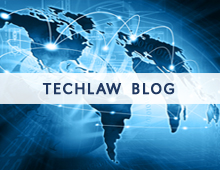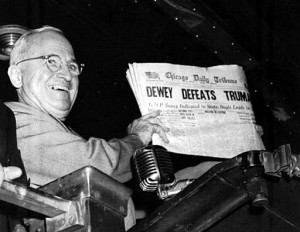Almost everyone realizes there is a federally managed “Do Not Call List” governing telephone marketers (or “telemarketers”). Less well known is that a 1991 law, the Telelephone Consumer Protection Act, 47 U.S.C. § 227, prohibits telemarketing calls using autoidialers without consent, unsolicited fax advertisements and telemarketing calls to cell phones. Combining this statute with class action procedures has resulted in some substantial damages judgments over the years.
The story of TCPA this year, though, is how the Supreme Court can sometimes see a legal issue so clearly despite confusion and conflicts among the lower federal courts. Earlier this term, the Court handed down a decision in Mims v. Arrow Financial Services LLC, in which it held that TCPA lawsuits can be brought in federal court pursuant to “federal question” jurisdiction. Although that same question had been answered in the negative by several courts of appeals — based on statutory language granting TCPA jurisdiction to state courts “if [such an action is] otherwise permitted by the laws or rules ofcourt of [that] state” — the Supreme Court’s decision was unanimous, 9-0, to the contrary. According to the Court’s opinion, since Congress had not divested federl courts of jurisdiction in the TCPA, state courts did not have excluisive jurisdiction over TCPA litigation because “the grant of jurisdiction to one court does not, of itself, imply that the jurisdiction is to be exclusive.”
There are some interesting themes of judicial temperment implicit in this holding, including a tendency (regardless of conservatism or political affiliation) for the federal judiciary to aggrandize its power despite constant reiteration of the concept of limited federal jurisdiction. What is remarkable about Mims, however, is more pragmatic. Even with the class action reforms of the past decade, federal courts still do a better job, especially for defendants, of administering nationwide class action cases. The Supreme Court has now given a green light to bringing these cases in federal district court. So the back-and-forth between federal and state court that has bedeviled TCPA litigants for years is now a thing of the past. Like the old Smith Barney commercials featuring John Houseman, when the Supreme Court talks, people listen.
Cross-posted from the Duane Morris Techlaw Blog.


